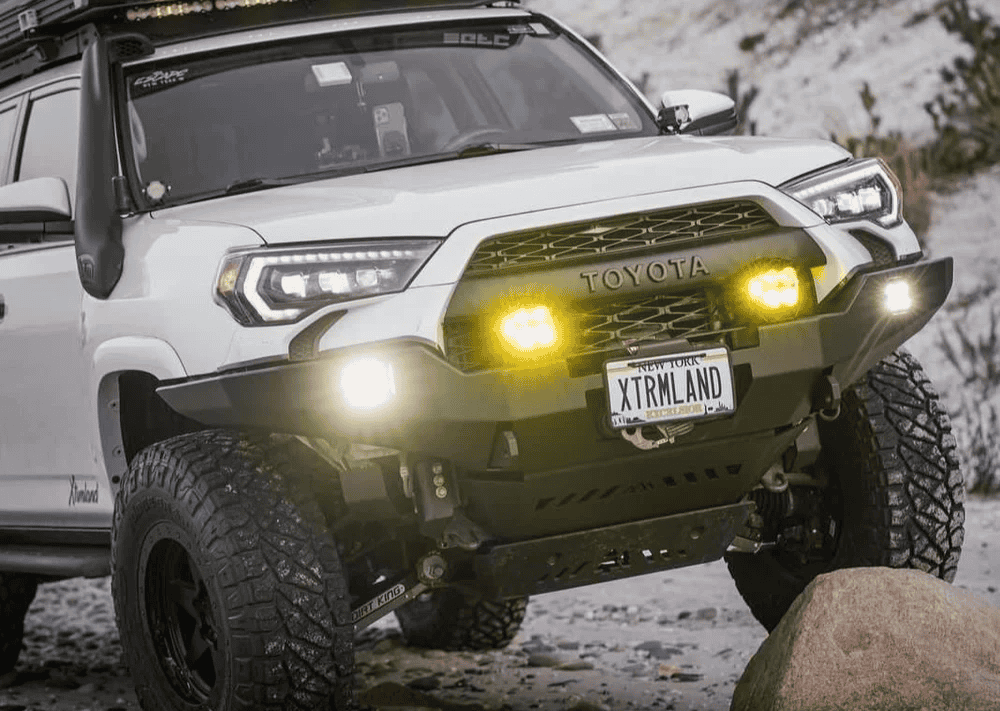Overland Vehicles

The term international motorhome points to a self-reliant expedition camper engineered to cross borders and tackle diverse road conditions. Rather than focusing on campground hookups and smooth highways, these rigs prioritize payload, ground clearance, and serviceability when far from familiar infrastructure. Many pair a 4x4 off road RV drivetrain with long range fuel capacity, spare parts access, and conservative packaging to keep weight low and reliability high. The cabin must resist vibration, dust, and temperature swings while remaining comfortable for extended stays in remote places.
Core decisions start with the chassis. A heavy duty motorhome may ride on commercial grade platforms because of their robust frames, axle ratings, and braking systems. A truck motorhome built on a medium duty or one ton chassis can offer a more compact footprint and better parts availability in North America. Globally, service networks and fuel quality can influence engine and drivetrain choices, pushing many travelers toward proven diesel platforms with simple suspension and widely available components.
International motorhome 4x4 off road RV crossing a rocky trail at sunset, showcasing heavy duty capability and global travel readiness.
Traction systems vary from full time all wheel drive to part time 4x4 with low range. Locking differentials and proper gearing help manage steep climbs and soft sand. Suspension travel matters more than tire size alone, and payload capacity determines how much water, fuel, spares, and gear you can safely carry without overstressing components.
A monocoque or well tied box resists flex that can cause leaks and squeaks. Materials like composite panels can reduce weight while improving insulation. Doors, latches, and cabinets need positive retention so nothing shakes loose when trails get washboard rough.
Solar arrays paired with lithium batteries support refrigeration, circulation fans, and induction cooking for quiet, diesel-free nights. Water capacity and filtration dictate how long you can stay off grid. Smart plumbing layouts separate potable storage from utility reserves for showers and cleaning.
Off road RV vehicles span from nimble trail campers to luxury expedition platforms. Pop top truck campers keep center of gravity low and squeeze through narrow tracks but sacrifice interior volume. Full size expedition boxes deliver space for families, gear rooms, and larger tanks, yet they demand careful weight management and wider turn radii. Tire selection is a major variable; all terrain patterns ride quietly on pavement while mud terrains claw through slop at the cost of noise and wear.
Driving dynamics change with mass and height. A heavy duty motorhome feels composed on fast gravel if the suspension is tuned and balanced, but it may require more room to stop and turn. A truck motorhome on a lighter chassis can feel more agile in tight forest roads yet run up against payload ceilings when water and spares are added. Recovery planning is nonnegotiable. Even the best traction aids cannot replace a safe approach angle, accurate spotter, and the discipline to turn around when terrain degrades.
The heavy duty path suits long expeditions with big payload needs, especially when carrying motorcycles, inflatables, or extensive spares. The truck motorhome approach rewards lighter travel styles and frequent technical trails where size matters.
Baseline gear includes a quality jack, traction boards, a matched winch system, soft shackles, and rated recovery points front and rear. Training and practice matter as much as equipment.
Budgets for expedition rigs are shaped by chassis price, habitat build, electrical systems, and shipping or import fees. Premium platforms like an EarthRoamer command high purchase prices because of materials, engineering, and hand built construction. For travelers curious about an EarthRoamer rental price, availability is scarce and usually brokered through private owners or specialty outfits; nightly rates often exceed four figures, with insurance checks and deposits to match. Beyond rental or purchase, ongoing costs include tires, fluid services, suspension maintenance, and upgrades as routes evolve.
Insurance is a key line item. Carriers may request detailed documentation for custom builds, appraisals, and photos of systems like propane, electrical, and fuel storage. Storage, winterizing, and border paperwork add time and money when planning long routes across multiple countries. Patience on logistics pays off: having the right spares package and a clear maintenance plan keeps downtime minimal.
If your route demands a specific wheelbase, garage storage for bikes or a moto, or silent electric cooking, a tailored layout brings reliability and comfort together. Customization also allows you to optimize weight distribution, add proper ventilation, and design service access for every component.
For travelers who want a purpose-built overland platform without compromise, OZK Customs engineers full systems to match terrain, payload, and lifestyle. Explore our overland rigs to see how we think through chassis, suspension, power, and storage. If you already know your use case, our custom overland upfit process aligns interior layouts, electrical architecture, and recovery gear with your map and timeline. Curious about team, process, and handoff experience in Fayetteville? Learn more at why choose OZK Customs.
Bring your must-haves, route ideas, and gear list. We will translate them into a balanced, capable rig that feels planted on trail and effortless at camp. Reach out when you are ready to move from research to a real plan built around you.
Ready to spec a purpose-built overland rig that matches your terrain, payload, and travel style? Talk to OZK Customs. Our team engineers complete overland systems, interiors, power, and storage around your route, not a template. Book a consult and let’s design the rig that carries you farther with confidence.
ADDRESS:
6159 E Huntsville Rd, Fayetteville, AR 72701
PHONE:
(479) 326-9200
EMAIL:
info@ozkvans.com